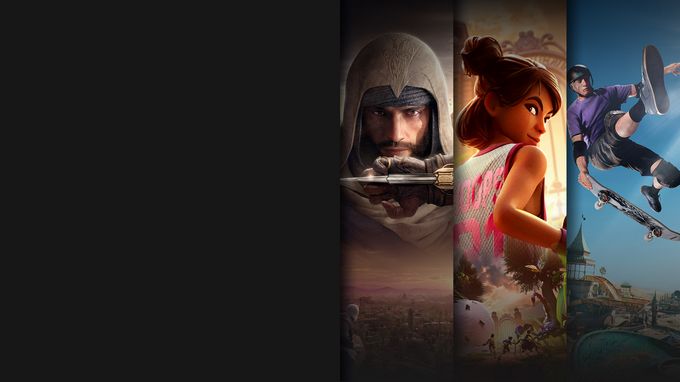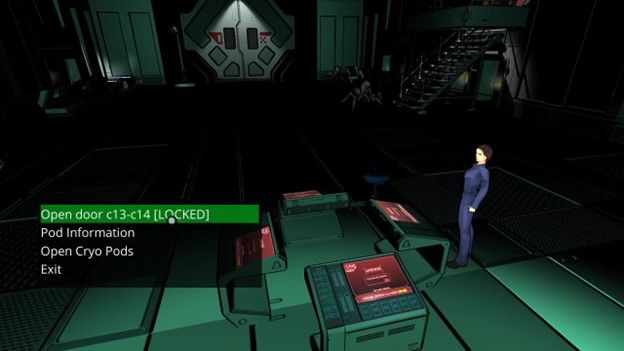
Video games have become a popular form of entertainment and a beloved pastime for millions of people around the world. From casual mobile games to complex multiplayer online battles, there is something for everyone in the gaming world. However, one key aspect that sets gaming apart from other forms of entertainment is the way players learn through trial and failure.
When beginning a new game, players are often faced with challenges and obstacles that may seem insurmountable at first. Whether it’s navigating a tricky platforming section, defeating a tough boss, or solving a complex puzzle, there are countless opportunities for failure in the world of gaming. And while failure may be frustrating and discouraging at times, it is also an essential part of the learning process.
One of the most common ways that players learn through trial and failure is through repetition. By attempting a difficult section over and over again, players are able to gradually improve their skills and strategies until they finally succeed. This process of trial and error helps players to learn the mechanics of the game, understand the patterns of their opponents, and hone their reflexes and decision-making abilities.
For example, in a game like Dark Souls, players are constantly faced with challenging enemies and punishing boss fights that can seem almost impossible to overcome. However, by studying their opponents’ attack patterns, experimenting with different strategies, and learning from their mistakes, players are able to gradually progress through the game and ultimately emerge victorious. This process of trial and failure not only provides a sense of satisfaction and accomplishment when the player finally succeeds, but also helps them to develop important problem-solving skills that can be applied in other areas of their life.
Failure in gaming is not just about losing a life or failing to complete a mission – it is about learning cloud hosting vps from those failures and using that knowledge to improve and ultimately succeed. By analyzing their mistakes, adapting their strategies, and persevering in the face of adversity, players are able to grow and develop as gamers and as individuals.

Another important way that players learn through trial and failure is through feedback. In many games, when a player fails at a particular task, they are provided with valuable feedback that can help them to understand what went wrong and how they can improve in the future. This feedback can come in the form of in-game tutorials, hints from non-player characters, or simply the player’s own observations and reflections.
For example, in a game like The Legend of Zelda: Breath of the Wild, players are given hints and tips on how to defeat enemies, solve puzzles, and navigate the vast open world. When a player fails at a particular task, they are often given feedback on what they did wrong and how they can improve their approach. This feedback not only helps the player to progress through the game, but also teaches them important skills such as critical thinking, problem-solving, and adaptability.
In addition to repetition and feedback, failure in gaming can also foster creativity and innovation. When faced with a difficult challenge, players are forced to think outside the box, experiment with new strategies, and try unconventional approaches in order to succeed. This process of trial and error encourages players to be creative, think critically, and take risks in order to achieve their goals.
For example, in a game like Minecraft, players are given the freedom to explore, build, and create in a vast and open-ended world. When faced with obstacles or limitations, players are encouraged to experiment with different materials, techniques, and designs in order to overcome challenges and achieve their vision. This process of trial and failure not only allows players to express their creativity and individuality, but also teaches them valuable skills such as problem-solving, resource management, and collaboration.
In conclusion, learning through trial and failure is an essential and rewarding aspect of gaming. By embracing failure as an opportunity to learn, grow, and improve, players are able to develop important skills such as perseverance, critical thinking, creativity, and problem-solving. Whether it’s through repetition, feedback, or innovation, the process of trial and error in gaming can be a valuable and enriching experience that extends far beyond the virtual world. So next time you find yourself struggling in a game, remember that failure is not the end – it is just the beginning of a new and exciting learning journey.

